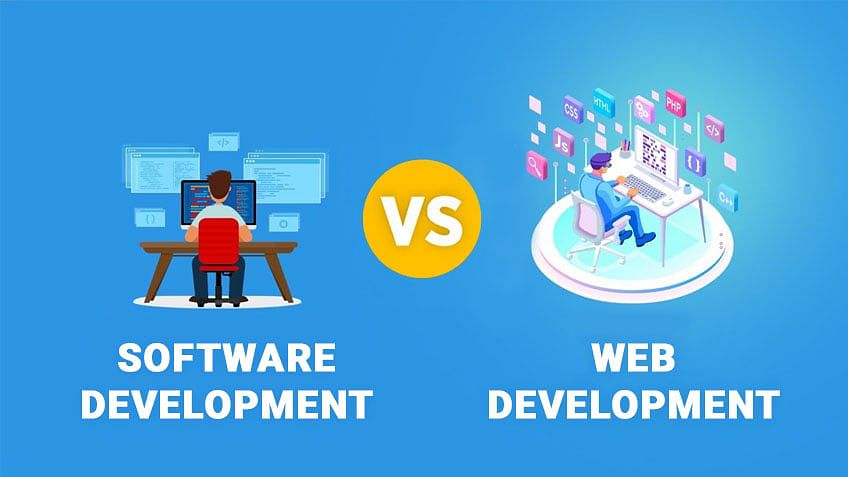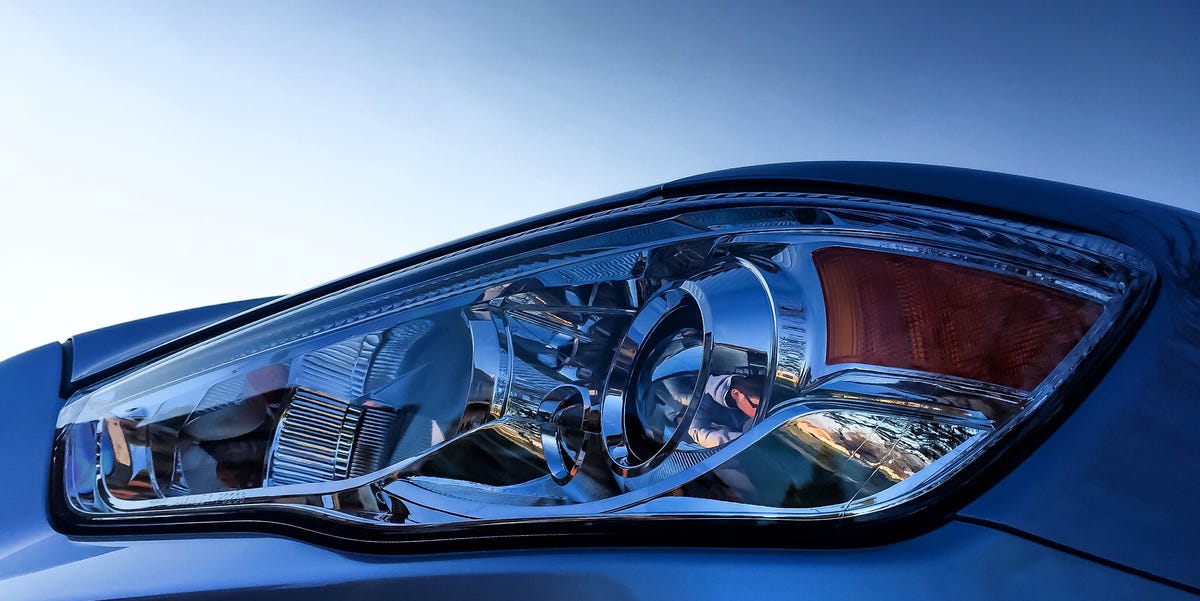When shopping for a diamond, one of the most important factors to consider is the certification of the stone. Diamonds are graded based on their cut, color, clarity, and carat weight, and two of the most recognized and respected organizations in the diamond industry for grading are the International Gemological Institute (IGI) and the Gemological Institute of America (GIA). While both organizations provide expert evaluations, understanding the differences between IGI vs GIA can help you make an informed decision when purchasing a diamond.
What is IGI?
The International Gemological Institute (IGI) is one of the largest and most well-known gemological laboratories in the world. IGI offers diamond grading services, providing a detailed report that assesses the four main characteristics of a diamond: cut, color, clarity, and carat weight. Known for their thorough and reliable assessments, IGI is a trusted name in the diamond industry, especially in regions like Europe and Asia.
IGI’s grading system is widely accepted, and their reports are highly valued by both consumers and jewelers. However, when comparing IGI vs GIA, some buyers may wonder whether the grading from IGI holds the same weight as the prestigious GIA. In many ways, the IGI is known for being a more affordable grading option, which may appeal to budget-conscious shoppers, but some critics argue that it tends to be slightly more lenient with its grading, particularly in terms of color and clarity.
What is GIA?
The Gemological Institute of America (GIA) is perhaps the most well-known and respected grading organization in the world. Established in 1931, GIA has earned a reputation for its strict, consistent, and transparent grading methods. As an independent, non-profit organization, GIA provides diamond grading reports that focus on the same four criteria as IGI—cut, color, clarity, and carat weight—but with a high degree of scrutiny.
When comparing IGI vs GIA, many consumers and professionals in the diamond industry consider GIA to be the gold standard for diamond grading. Its rigorous grading system ensures that diamonds are assessed in a highly detailed and accurate manner, which is why GIA-graded diamonds tend to be priced higher. The GIA is known for its accuracy, and many high-end jewelers exclusively sell diamonds that are graded by this institute due to its reputation and authority in the field.
Key Differences Between IGI and GIA
While both IGI and GIA offer diamond grading, there are key differences between the two organizations that may influence your decision. One significant difference between IGI vs GIA is the grading process. GIA is known for its stringent and standardized grading, while IGI may be slightly more flexible. For example, some buyers have noted that IGI can be more generous when grading diamonds for color and clarity, whereas GIA tends to adhere more closely to stricter standards.
Another difference is the recognition of the two organizations in the market. GIA vs IGI is often a point of discussion among professionals and consumers alike. GIA is widely regarded as the most authoritative grading body, especially in the United States, and many jewelry stores prefer to sell GIA-graded diamonds due to their higher recognition and market value. IGI, on the other hand, is more commonly used in other regions like Europe and Asia and may be more popular for diamonds in certain price ranges.
Accuracy and Consistency in Grading
When considering IGI vs GIA, the issue of grading accuracy and consistency is often raised. GIA is known for its strict grading procedures and its commitment to upholding the highest standards in the diamond industry. This ensures that diamonds graded by GIA are evaluated in the most accurate and consistent manner possible. Because of this, GIA-graded diamonds tend to be highly trusted by consumers and professionals alike.
IGI also strives to provide accurate and reliable grading, but it is often viewed as being slightly more lenient compared to GIA. Some industry experts suggest that IGI may be more generous when grading diamonds, particularly in terms of clarity and color. While this does not necessarily mean that IGI diamonds are of lower quality, it can affect the overall value and perception of the diamond.
Cost Considerations: IGI vs GIA
The cost of diamonds graded by IGI vs GIA is another factor that can influence your decision. GIA diamonds tend to be priced higher due to the institute’s reputation and the rigorous grading process it follows. If you are purchasing a diamond with a GIA certificate, you may find that it commands a premium price in the market. However, because GIA diamonds are more widely recognized and valued, their resale potential may also be higher.
On the other hand, IGI vs GIA often comes into play when consumers are looking for lab created diamonds that are more affordable. Diamonds graded by IGI are generally priced lower than those graded by GIA, which makes them an attractive option for buyers on a budget. However, it’s important to understand that the lower price of an IGI-graded diamond could reflect the slightly more lenient grading process, and you may not be getting the same level of precision as with a GIA-graded diamond.
Which One Should You Choose: IGI or GIA?
The choice between IGI vs GIA ultimately depends on your priorities when purchasing a diamond. If you are looking for the most recognized and trusted grading, and if you are willing to pay a premium for that assurance, GIA is likely your best option. GIA-graded diamonds are often seen as a long-term investment due to their accurate and transparent grading.
On the other hand, if you are more focused on value for money and are looking for a diamond that fits within a specific budget, IGI may be a suitable choice. While IGI diamonds may not always hold the same value as GIA diamonds, they can still be of excellent quality, and many people find that they offer good value for the price.
Conclusion: Making the Right Choice for You
Understanding the differences between IGI vs GIA is crucial when purchasing a diamond. Both organizations are reputable, but they have different grading practices and levels of market recognition. GIA is known for its strict grading standards and is often considered the more prestigious option, particularly in the United States. However, IGI provides an excellent alternative for those who are looking for a more affordable option without compromising on quality.
Ultimately, the decision comes down to your budget, preferences, and how important the certification is to you. Whether you choose a diamond graded by IGI or GIA, it’s important to ensure that you are comfortable with the grading report and confident in the quality of the diamond.

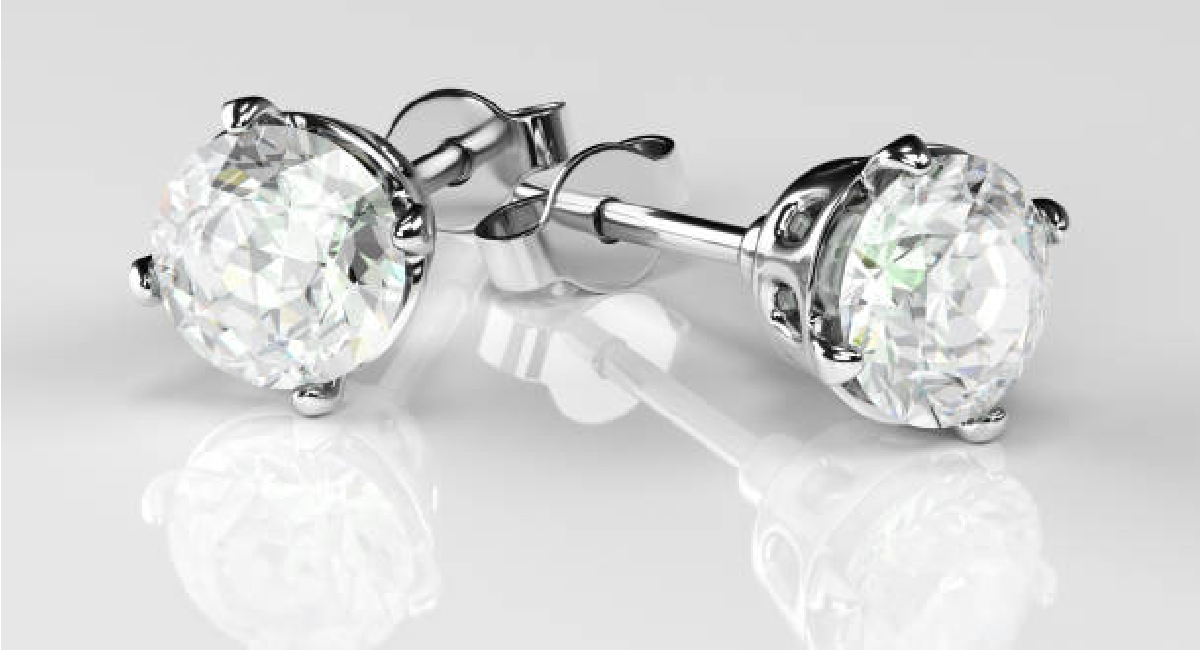 The Beauty and Benefits of Lab Created Diamond Earrings
The Beauty and Benefits of Lab Created Diamond Earrings  The Beauty and Meaning Behind the Toi et Moi Ring Diamonds
The Beauty and Meaning Behind the Toi et Moi Ring Diamonds  The Impact of Blood Diamonds: Understanding the Global Issue
The Impact of Blood Diamonds: Understanding the Global Issue  Novita Lab Diamonds: Redefining Luxury with Ethical, Sustainable, and Affordable Diamonds
Novita Lab Diamonds: Redefining Luxury with Ethical, Sustainable, and Affordable Diamonds  IGI vs GIA: Understanding the Difference in Diamond Grading
IGI vs GIA: Understanding the Difference in Diamond Grading 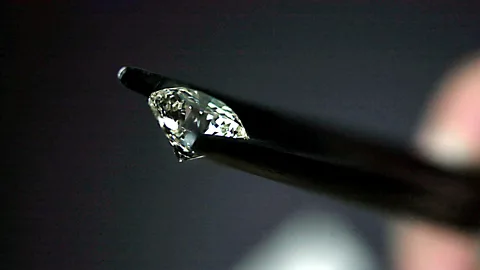 Lab Diamonds in Kuala Lumpur: A Growing Trend in the Jewelry Industry
Lab Diamonds in Kuala Lumpur: A Growing Trend in the Jewelry Industry 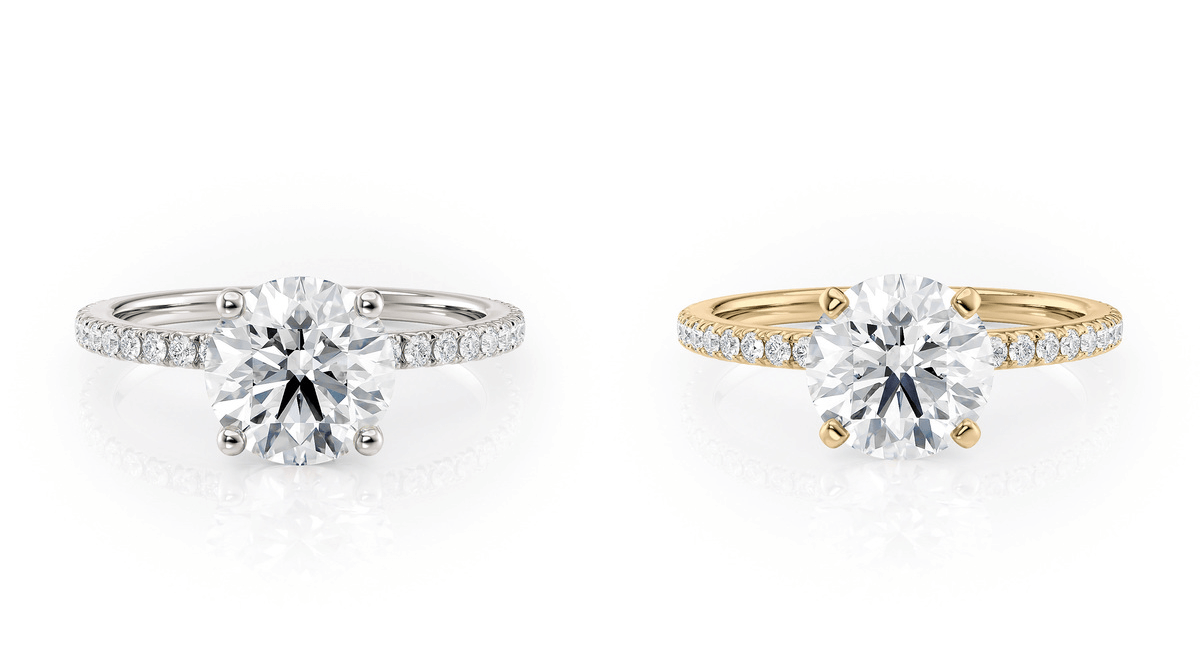 Platinum vs Gold Lab Grown Diamond Rings: Which is Right for You?
Platinum vs Gold Lab Grown Diamond Rings: Which is Right for You?  The Rise Made Diamonds in Barcelona: A Sustainable Luxury Revolution
The Rise Made Diamonds in Barcelona: A Sustainable Luxury Revolution  Novita Secret Platinum Formula: Unlocking the Secret to Radiant Skin
Novita Secret Platinum Formula: Unlocking the Secret to Radiant Skin 


